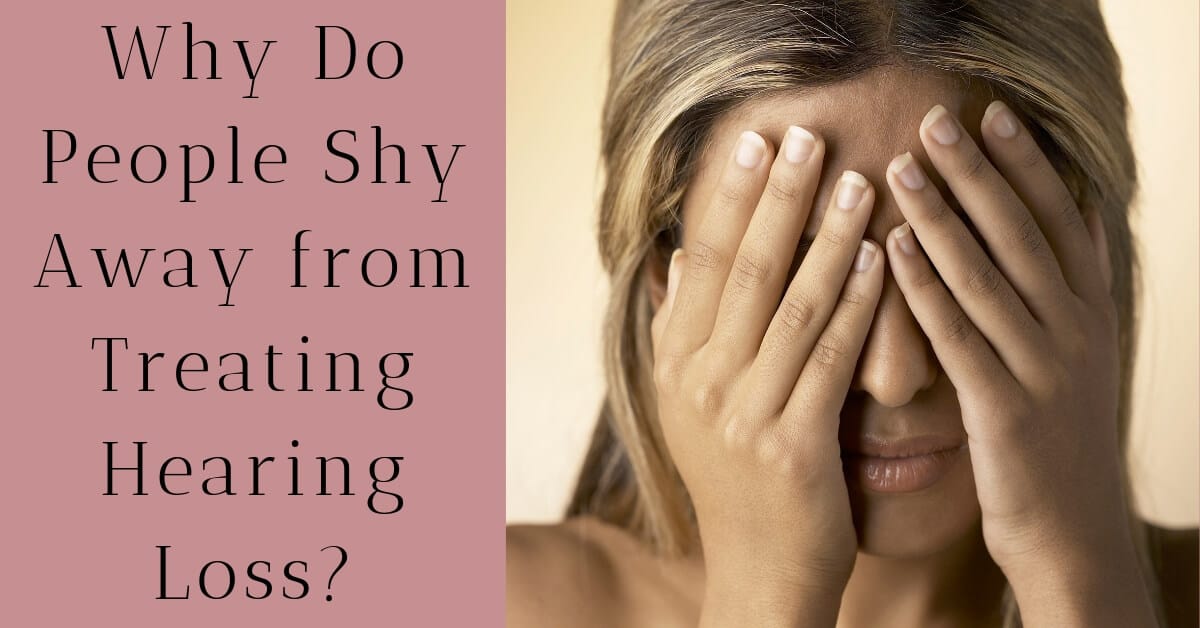
- Common Misconceptions That Delay Hearing Loss Diagnosis - June 6, 2025
- Signs Your Earwax Buildup Needs Professional Attention - May 29, 2025
- Preparing for a Hearing Test and What You Should Bring - May 16, 2025
Hearing loss is an invisible disability. Although it is increasingly prevalent with age, hearing loss is often ignored during the diagnosis and treatment of cognitive and memory disorders in elderly patients. According to the National Institute on Deafness and Other Communication Disorders (NIDCD) nearly 36 million Americans suffer from hearing loss. The incidence of hearing loss only increases with age. Approximately one third of Americans between ages 65 and 74 and nearly half of those over age 75 have hearing loss. Hearing loss is the third most prevalent chronic health condition facing older adults but only 20% of those individuals who might benefit from treatment actually seeks help. Many delay treatment until they can barely communicate even in the most ideal of listening situations. On average, hearing aid users wait over 10 years after their initial diagnosis to seek help.
The Dangers of Not Treating Hearing Loss
Hearing loss has been linked to feelings of depression, anxiety, frustration, social isolation, and fatigue. A nationwide survey commissioned by the National Council on Aging in 1999 of nearly 4,000 adults with hearing loss and their significant others showed significantly higher rates of depression, anxiety, and other psychosocial disorders in individuals with hearing loss who were not wearing hearing aids. This survey looked at the positive benefits of amplification and showed that hearing aid use positively affected quality of life for both the hearing aid wearer and the significant other. These conditions almost always were improved after hearing aids were implemented.
More recently, Dr. Frank Lin at Johns Hopkins University discovered a strong link between degree of hearing loss and risk of developing dementia. Individuals with mild hearing loss were twice as likely to develop dementia as those with normal hearing. Those with moderate hearing loss were three times more likely to develop this life changing condition, and those with severe hearing loss had five times the risk.
Why Do People Delay Treatment?
If the benefits of treatment can help you save your relationships at home and at work and delay the onset of cognitive impairment, why would people ever delay seeking out hearing aids?
Aesthetics
Some people fear wearing hearing aids will make them look old. The irony is people who deal with their hearing loss are shown to feel and act younger. They have less problem understanding conversations are more relaxed in social settings. Because today’s hearing aids are so small, they are often barely noticeable.
Misconceptions
Prior to digital hearing aids, hearing technology could not adapt to background noise, adjust, or learn a user’s preference. Many people base their avoidance of hearing aids on past performance of hearing aids and not the adaptable hearing aids and advanced technology of today.
Expense
A majority of people living with untreated hearing loss cites the high cost of hearing aids as the reason for refusing treatment. The reality is not treating your hearing loss is ultimately more costly when one starts to explore the cost of the health risks associated with hearing loss. Not only that but lower earning power is highly associated to many with hearing loss. It’s important to think of hearing aids as an investment in a health a rich future.
Benefits of Treatment
The belief that people are fine with out hearing aids can deeply delay a person from seeking treatment they desperately need. A recent study done by Hear-the-World illuminates that, people who improve their hearing with hearing aids more often reported better relationships with their families, better feelings about themselves, improved mental health, and greater independence and safety. The true cost of hearing loss on health, income, and emotions is far greater than the initial outlay for hearing aids.
Looking Ahead
The impact of untreated hearing loss cannot be ignored. Treatment with hearing aids has shown over and over again that it can help calm the consequences of hearing loss on long-term health and quality of life. At Hearing Aid Specialists of the Central Coast, we know that any type of hearing impairment can have serious consequences that deserve professional care from a certified audiologist. If a hearing impairment diminishing the enjoyment of your life then it just might be time for a hearing evaluation.
